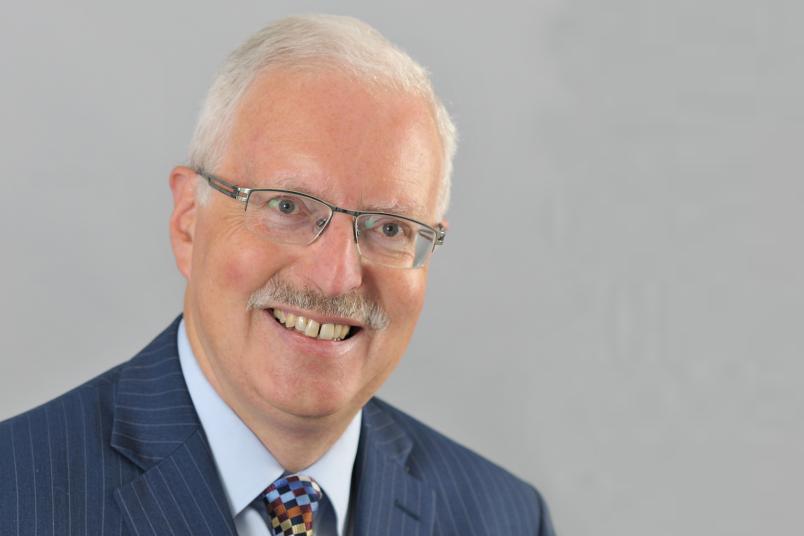
Economics
EU Green Deal target requires doubling of effort
Energy expert has three recommendations for the German EU Council Presidency.
Graham Weale, honorary professor at the Faculty of Economic Sciences and at the Centre for Environmental Management, Resources and Energy (Cure) at Ruhr-Universität Bochum (RUB) has undertaken an independent study “EU 2030 Emissions Target – A Reality Check”. “The results are very disturbing,” said Weale, “and show how great is the challenge to achieve even the current goal.”
A simple extrapolation of efforts since 2005 would only lead to a 37 percent reduction in greenhouse gas emissions by 2030. “But to reach the current 40 percent target, the effort in building new renewables plants and for energy efficiency measures would have to increase by 20 percent. To reduce CO2 emissions by 55 percent, as in the planned Green Deal,” says Weale,“today’s effort would have to be exactly doubled.”
Renewable energy building on a downward path
For the period from 2005 to 2018, the study shows that CO2 reduction in the EU was achieved primarily through the expansion of renewable energy (62 percent), fuel-switching to other cleaner energy sources (25 percent) and reduced energy demand (13 percent).
Of great concern is that, even before the corona crisis, the annual expansion rate and expenditure on renewable energy had been declining since 2012. “The data from the International Energy Agency show that annual expenditure on renewable energies has decreased by 50 percent since 2012,” said Weale. Financial bottlenecks due to the corona crisis would only exacerbate this effect.
Decommissioned power plants must be compensated
To make matters worse, even if the expansion rate for renewable energy remained the same, the net benefits would decrease as compared to previous years, because by 2030 the decommissioning of nuclear power plants will increase by 50 percent in relation to the previous period, and this loss of clean energy must be compensated for by additional renewable capacity. In addition, the first generation of renewable energy plants must be replaced by 2030.
Big question mark over the EU hydrogen strategy
Weale also has doubts about the EU’s hydrogen strategy, as it remains to be seen whether sufficient clean electricity will be available to produce green hydrogen.
Energy efficiency measures are insufficient
He is also critical of energy efficiency measures: “Although they reduce demand, they do not yet compensate for the demand increase driven by economic growth.” A certain de-industrialization in Europe brings with it a lower energy requirement, but only transfers this demand and the corresponding emissions to trading partners in other regions.
Recommendations for the EU Presidency
“The path to achieving the 2030 goal should primarily be achieved through significantly stronger incentives,” concludes Weale. In particular, he focuses on three recommendations for the new German Council Presidency:
- The top priority must be to increase electricity production from renewable sources. Higher annual targets must be set and incentives to achieve them increased by maximising technical standardization, speeding up the planning process and minimising market risks.
- Electrification must be achieved with clean electricity and not from increased fossil fuel generation. The Emissions Trading System must keep a tight grip on emissions and may need further adjustment.
- Energy efficiency measures must be doubled to achieve the necessary decoupling of energy requirements from economic growth.